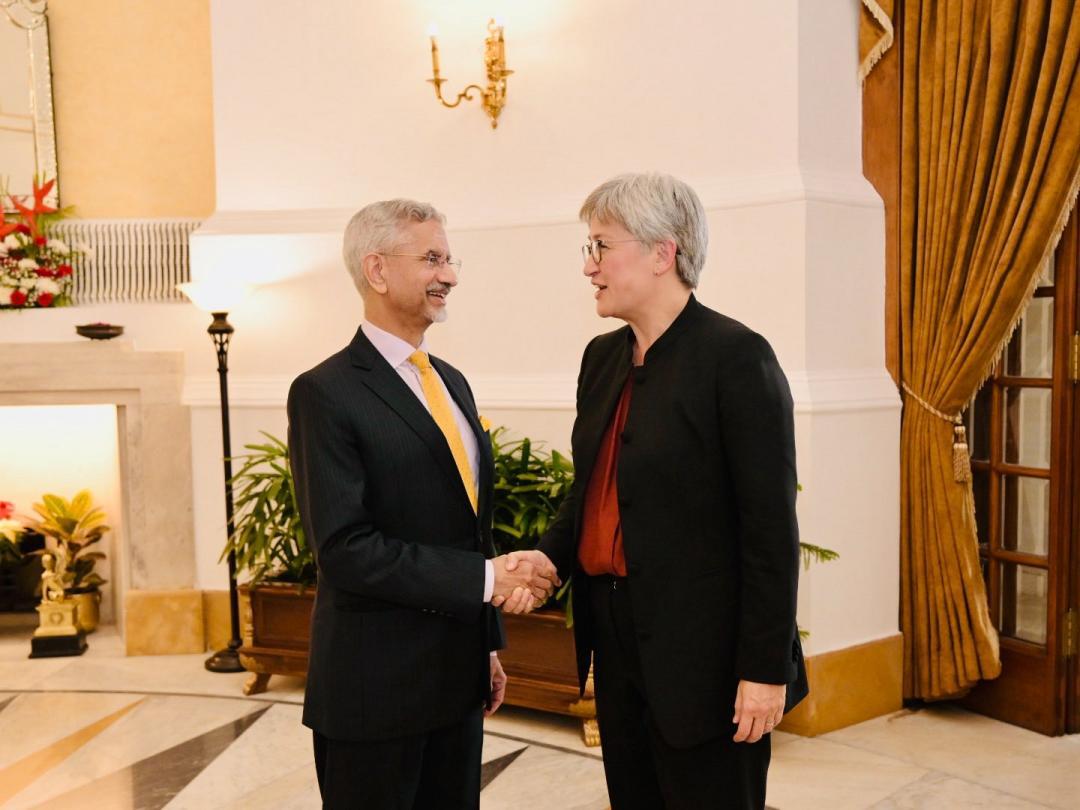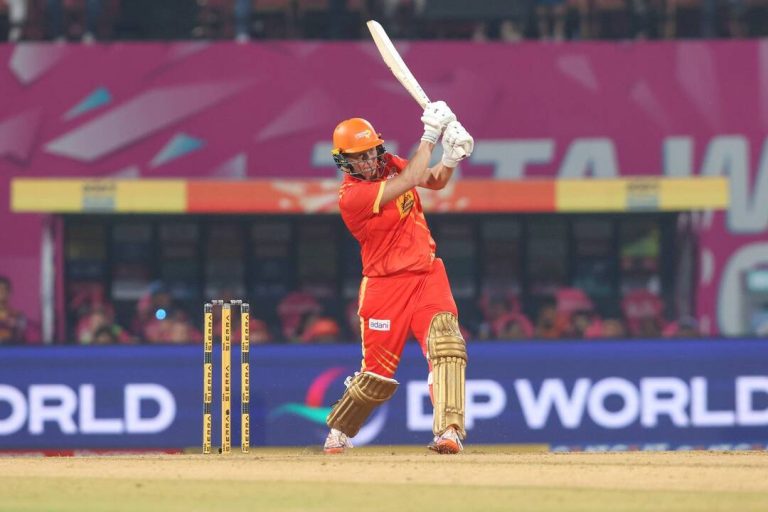
You’ve beaten us in both Men’s & Women’s Cricket,’ Australia leader jokes with Jaishankar
In a lighthearted moment during a meeting between Australian Foreign Minister Penny Wong and Indian External Affairs Minister S Jaishankar, the former jokingly acknowledged India’s recent dominance in cricket. “You’ve beaten us in both Men’s and Women’s Cricket,” Wong said with a smile, highlighting the intense rivalry between the two nations on the cricket field. This exchange not only showcases the friendly and sporting spirit between the two leaders but also underscores the significant impact of cricket in fostering diplomatic relationships and cultural exchange between countries.
Penny Wong, in her current role as Foreign Minister, has had the opportunity to engage with numerous international counterparts, but she noted that Jaishankar is the minister she has met most. This frequent interaction is a testament to the growing strategic partnership between Australia and India, with both nations increasingly collaborating on a wide range of issues, including trade, defense, and climate change. The warmth and camaraderie displayed by Wong and Jaishankar during their meeting reflect the positive trajectory of Australia-India relations.
The context of Wong’s cricket comment is particularly noteworthy, given the recent performances of the Indian and Australian cricket teams. In October 2025, the Indian women’s cricket team achieved a significant victory by defeating Australia in the semifinal of the Women’s World Cup. This triumph marked a milestone for Indian women’s cricket, demonstrating the team’s skill, determination, and growing competitiveness on the global stage. The men’s team also made headlines by winning the T20I series against Australia in November, further solidifying India’s position as a cricketing powerhouse.
These sporting victories are not just a source of national pride for India but also contribute to the country’s soft power, enhancing its reputation and influence internationally. Cricket, as a shared passion between Australia and India, serves as a common ground that can help bridge cultural and diplomatic gaps. The sport has a unique ability to transcend political boundaries, fostering goodwill and friendship among nations.
The joke about cricket also highlights the personal and informal aspects of international diplomacy. Leaders like Wong and Jaishankar, despite their formal roles and responsibilities, are not immune to the excitement and rivalries of sports. Their ability to poke fun at each other’s countries’ sporting performances humanizes them and adds a layer of warmth to their professional interactions. Such moments can help in building trust and understanding, which are essential components of effective diplomacy.
Moreover, the meeting between Wong and Jaishankar comes at a time when both Australia and India are seeking to deepen their cooperation in various sectors. The two countries have been engaged in discussions on enhancing economic ties, promoting people-to-people exchanges, and collaborating on regional security issues. The friendly banter over cricket serves as a reminder that, beyond the formal agendas and policy discussions, there exists a foundation of mutual respect and camaraderie between the leaders of the two nations.
In conclusion, the lighthearted exchange between Penny Wong and S Jaishankar over cricket reflects the positive and sporting spirit that characterizes the relationship between Australia and India. As both countries continue to navigate the complexities of international diplomacy, moments like these remind us of the power of sports to bring nations together and foster greater understanding and cooperation. Whether on the cricket pitch or in the diplomatic arena, the friendship and rivalry between Australia and India are set to continue, enriching the bilateral relationship and contributing to a more stable and harmonious global environment.





